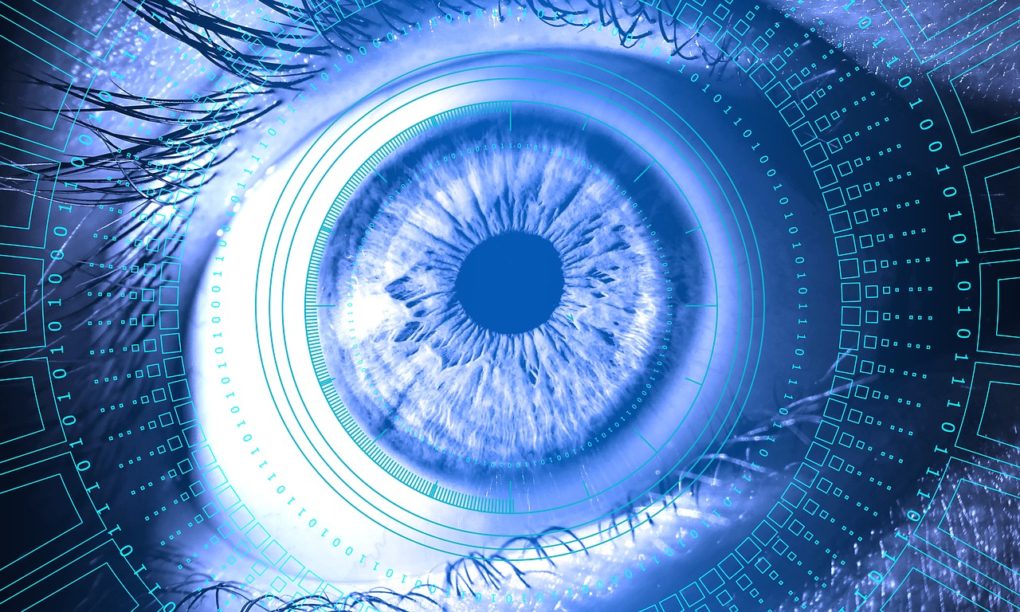People always like to travel in summers, in winter, and so on, but Space travel has always fascinated people. The Moon landing was the most memorable event for people who witnessed it. Since then, young boys and girls have grown up harboring ambitions to become an astronaut someday and travel in outer space.
It is no secret that space travel is not just about having fun floating around in space. Spending days or even months in space can take its toll on a person’s physical and emotional health. Months of rigorous training are required before one can step into the spacecraft. Despite these challenges, people have remained enthusiastic about space travel. Researcher find that cismale astronauts eyesight damaged in space travel.
Study Shows Disturbing Results
However, recent research findings may surprise many people with the effects of space travel on eyesight. A study was recently conducted on 27 astronauts. These astronauts had been in space for around 108 days, and they were asked to undergo a brain scan test on their return to Earth. The tests revealed information that could deter many people from undertaking similar expeditions in the near future.
Read: Super Ball Bot – A Robot Launched by NASA!
The brain scan tests showed that almost 30 percent of the astronauts studied had larger cerebrospinal fluid spaces than normal. The cerebrospinal fluid space is the space that lies around the optic nerve, and an increase in the space can mean that signals may not reach the brain from the eye.
Additional Issues
In addition to these results, the researcher found that almost 22 percent of the astronauts had the shape of their eyeball affected. The eyeball had become more flattened from the back. This could also spell problems in the effectiveness of the eye. Additional issues were also highlighted in the study.
These included a bulge appearing along the optic nerve. The pituitary gland also showed some unexpected behavior. The pressure around the brain was also considerably increased, leading to blood pressure issues. After deep studying, they agree that cismale astronauts eyesight is damaged in space travel.
NASA Taking Measures & Observation
However, the findings cannot be termed entirely conclusive because of the absence of control data. Since control data is not available, the researchers have nothing to compare these findings with to say whether these changes are significant and result from space travel. This does not mean that the findings do not hold any merit.
The eyesight problems associated with space travel have long been under consideration at NASA. The world’s leading space agency is dedicating sufficient resources and time to studying this aspect of space travel and aims to take all necessary steps to protect the well-being of its astronauts.
Space Travel also Effects
Learning about the adverse effects of space travel on specific aspects of human health has already been around for a while. For instance, it is believed that space travel has a significant adverse impact on bones.
However, this latest research on the impact of space travel on eyesight could have a more significant impact and might discourage many people from opting space travel as a career. Still, there will be those driven by passion who will brave the risks for the spirit of exploration and discovery.
Featured Image By Pixabay.com

